smart product | august 2021
mobility above today’s traffic
Shaping the future of transportation: ottobahn is engineering an emission-free and fully autonomous transportation system above today’s traffic.
Ottobahn is based on individually scheduled trips with pods, planning to provide door-to-door transport both for passengers and cargo delivery. The pods can be equipped for people with special needs, with the goal to provide accessibility and comfortable traveling for everyone.
Furthermore, the transportation system shall be 100% renewable-powered.
Status & Application:
Prototype
URBAN MENUS Analysis
Characterization along 5 societal goals: Happiness, Safety, Innovation, Profitability, and Circularity.
The graph below shows for which of these themes the product is mainly relevant on a societal level. Some products are more specialized, while others may be covering all topics equally. The results are based on a self-evaluation questionnaire that was developed by URBAN MENUS and filled in by the products or services themselves.
Below is an explanation of how the product or service may contribute to the 5 themes, based on the information provided by the solutions in the onboarding process as well as research by the URBAN MENUS team.
For more details about the analysis and the 5 main themes, please click here.
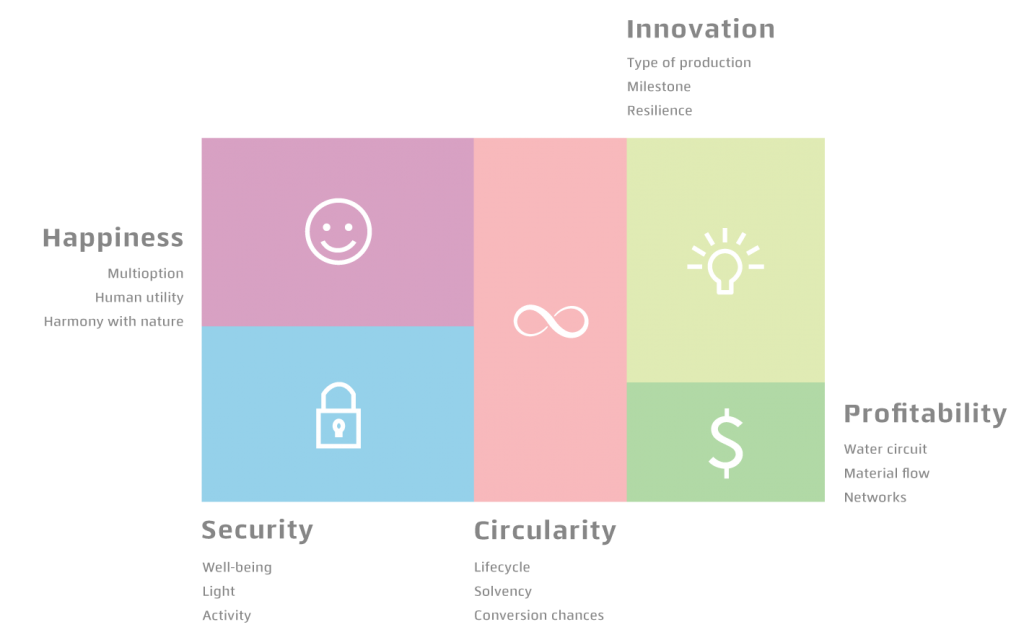





Happiness
Easy-to-access public transport can increase the overall well-being of citizens, by making workplaces, meeting spots, and recreational areas in the city easier to reach for everyone. Furthermore, reduced car traffic leads to reduced emissions, thus improving air quality which can affect citizens’ overall health.
Safety
Reliable transport services during the day- and nighttime, as well as reduced car traffic, can contribute to an overall feeling of safety in a city.
Innovation
The expansion of public transport is an important factor for innovation in modern cities. With public transport widely available, access to services such as education and health services is increased for citizens.
Profitability
Ottobahn is intended to lead to cost savings both for individuals as well as the government, due to comparably low installing and maintenance costs.
Circularity
Due to the reduced car traffic, ottobahn can contribute to a reduction of emissions (such as CO2 and particulate matter). This leads to better air quality and contributes to meeting climate goals.

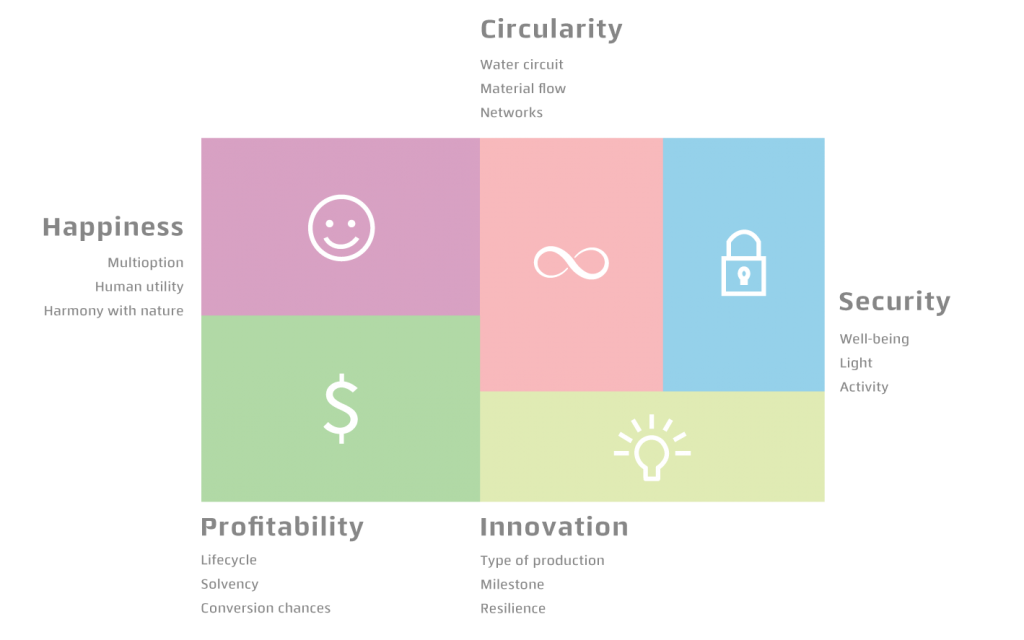
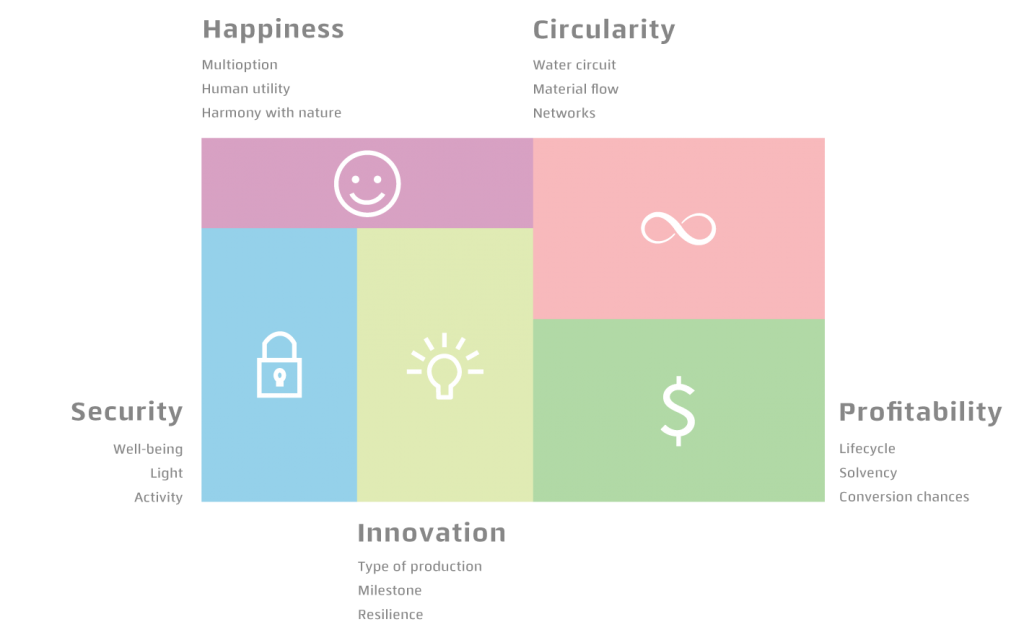
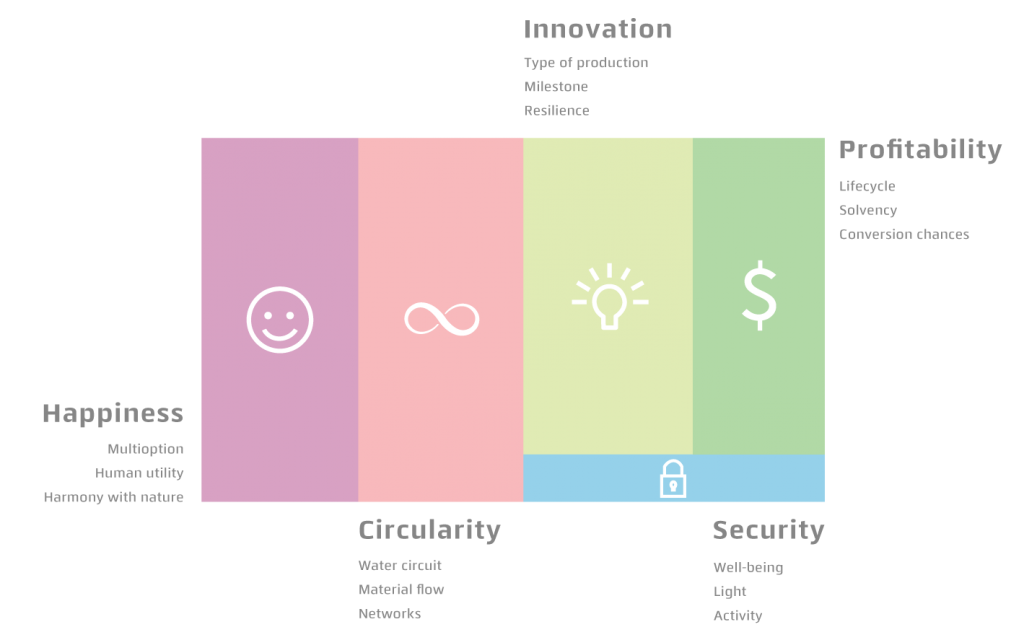
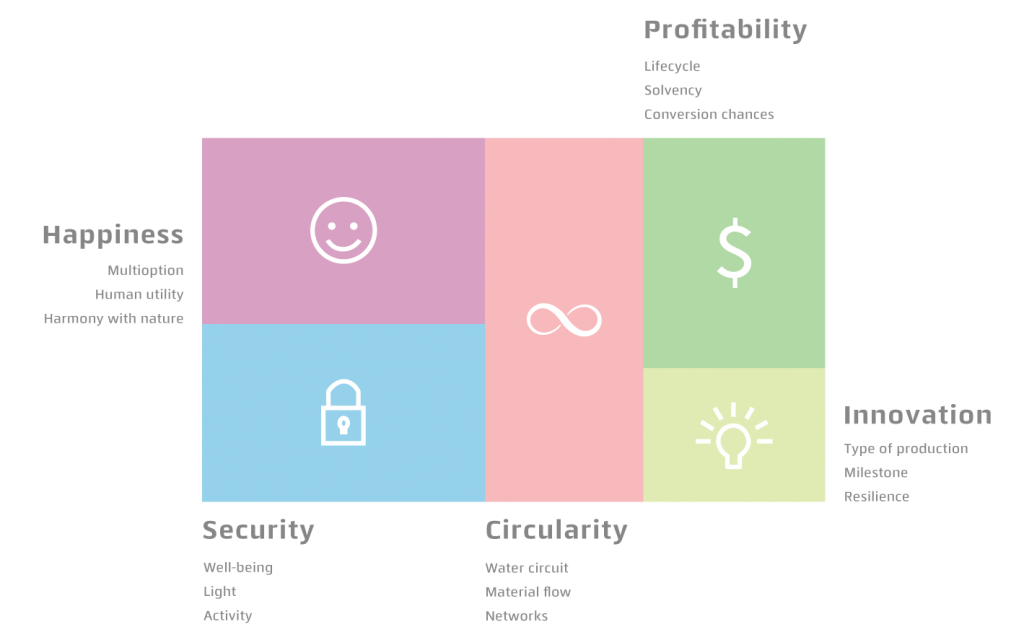

have an idea in mind
how can we help?